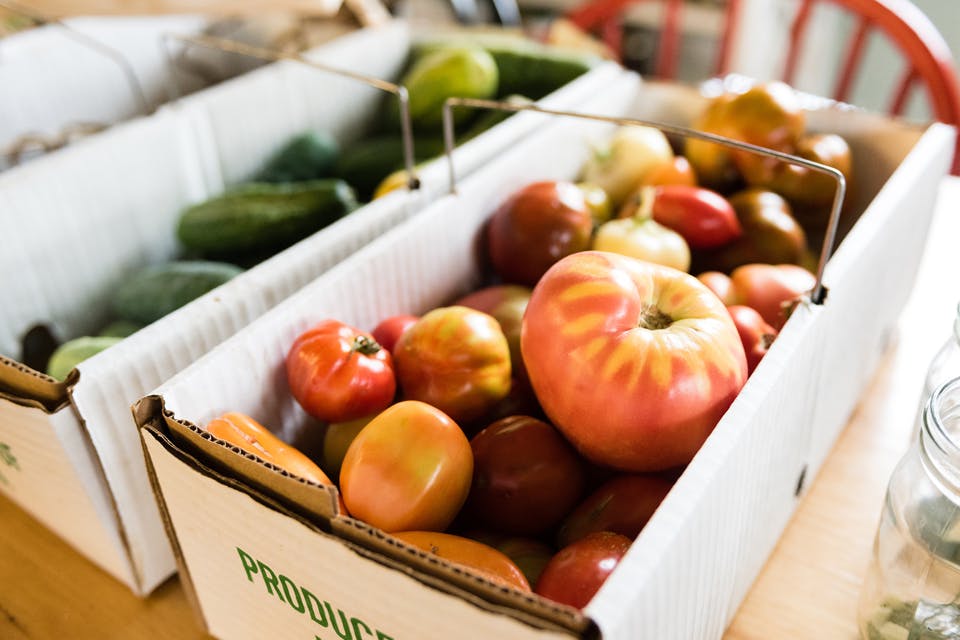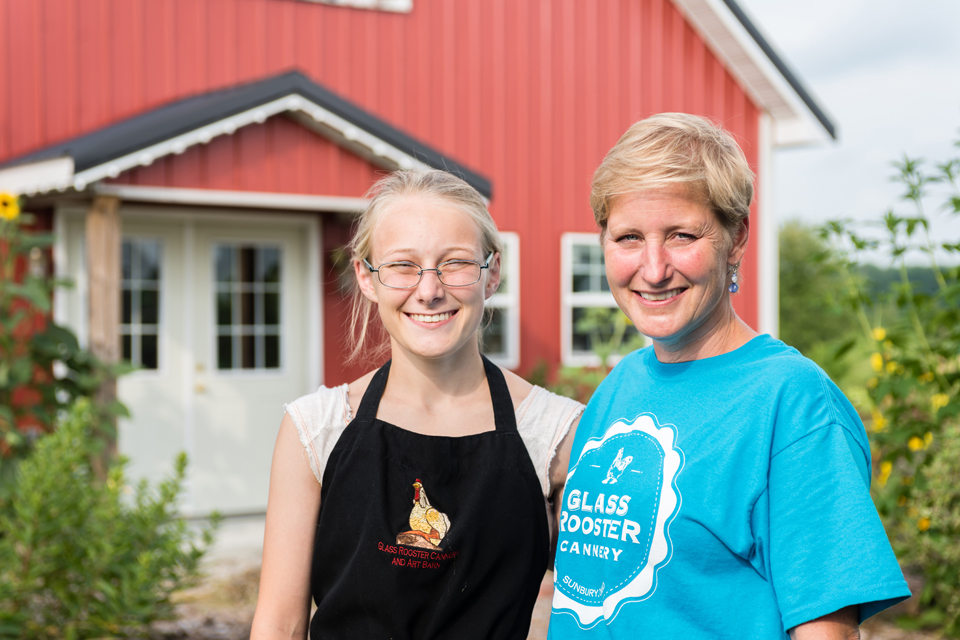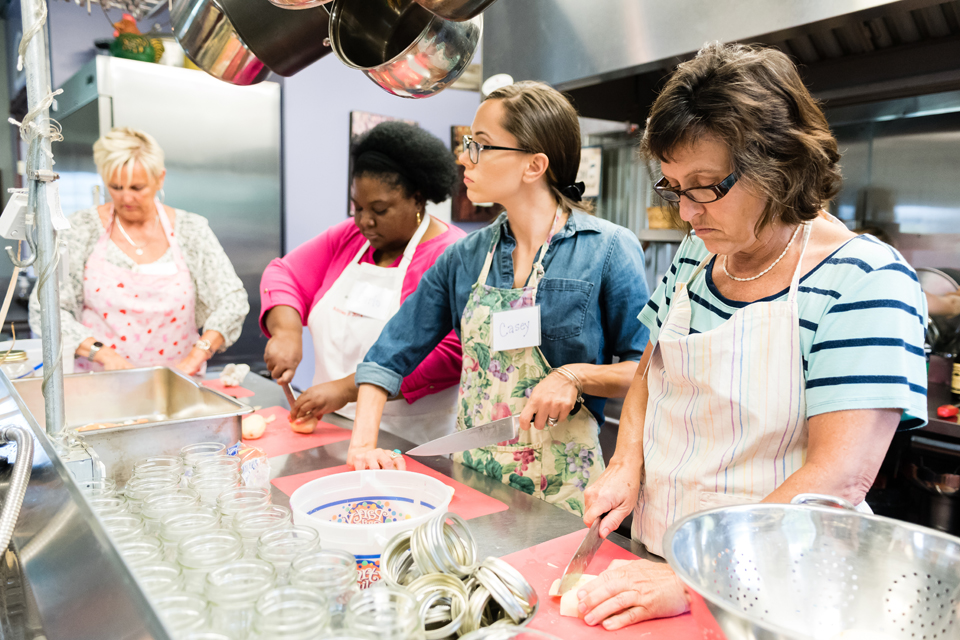Home + Garden
Glass Rooster Cannery, Sunbury
Glass Rooster Cannery provides a taste of rural living and the opportunity to learn vintage homemaking practices.
Related Articles
.jpg?sfvrsn=fc2b738_5&w=960&auto=compress%2cformat)
Grow an Ohio Garden with the Native Plant Backyard Challenge
Make your outdoor space into a haven for birds, butterflies and pollinators this season by taking part in this National Audubon Society program. READ MORE >>

Lauren Alexander Designs’ Eco-Friendly and Incredibly Cute Everyday Items
This Columbus maker creates colorful replacements for household products that prioritize sustainability and reusability to help reduce harmful environmental impacts. READ MORE >>

Get Cozy With Little Birdie Design Studio’s Knitwear
After she was unable to find the unique knit products she desired, Tori Tedesco began crafting her own. READ MORE >>





